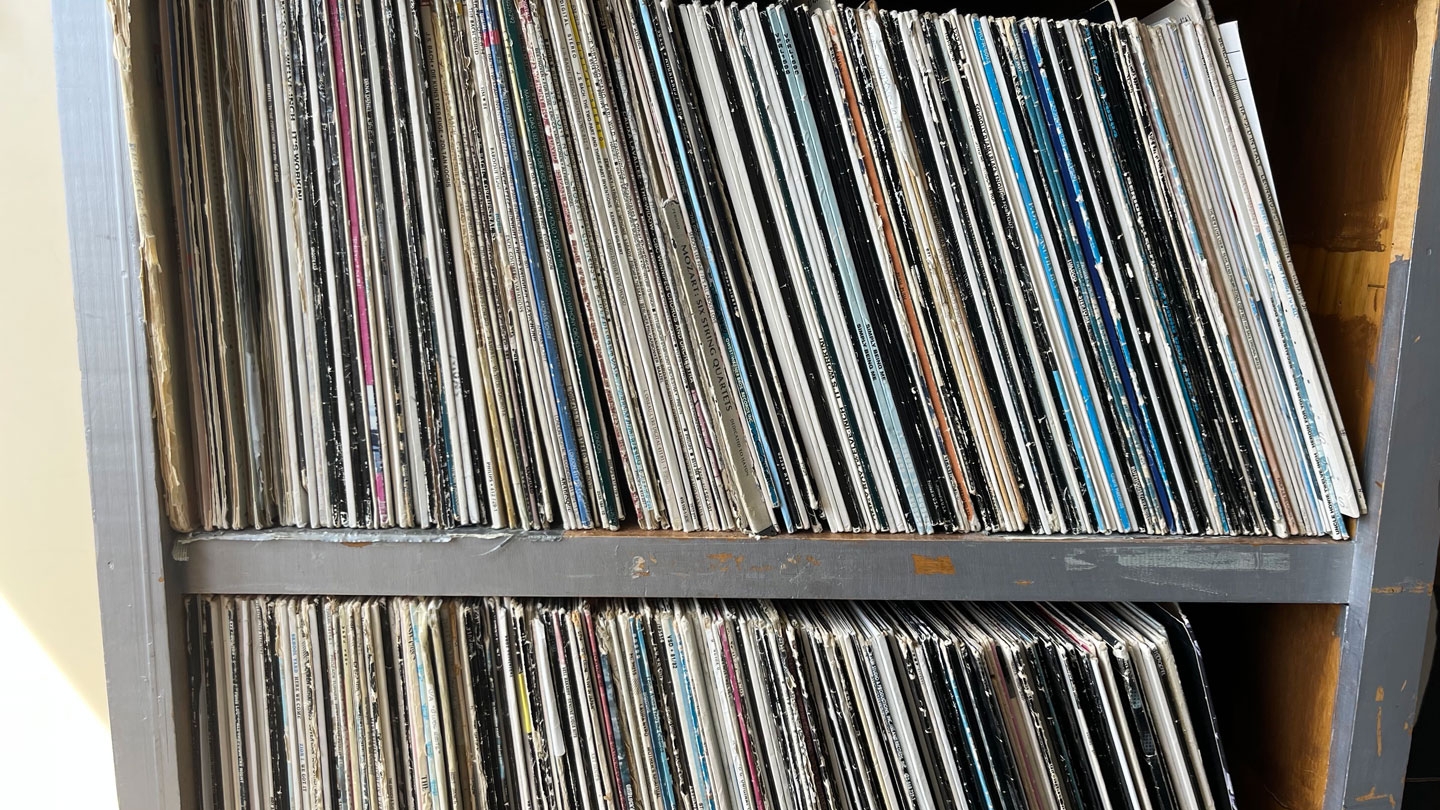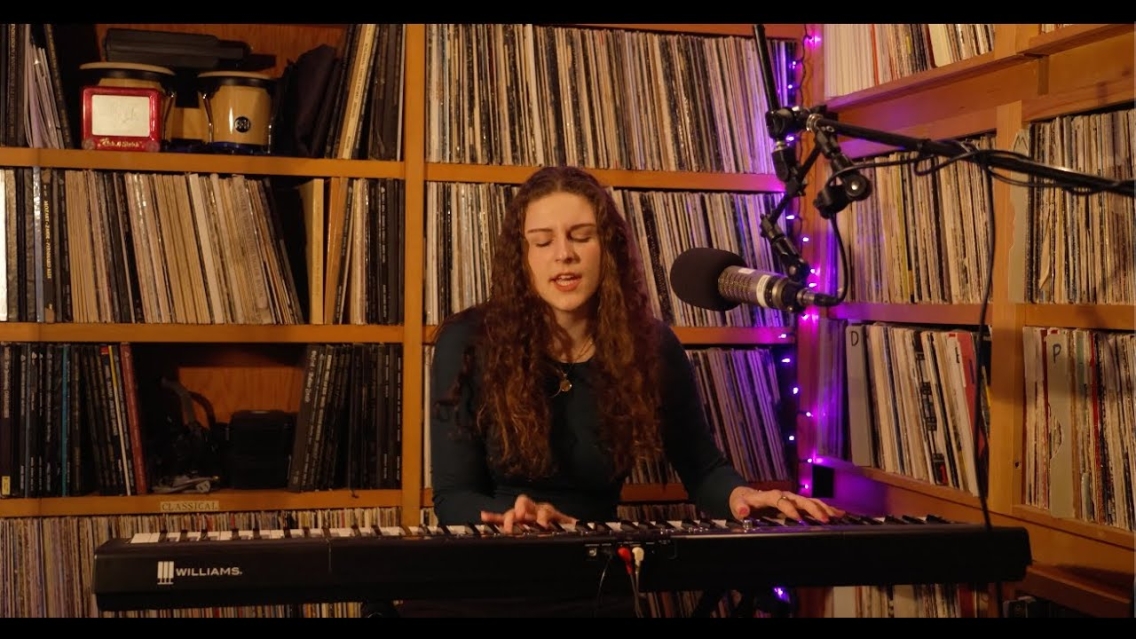
We aim to curate the best music has to offer in all its forms, hosting shows that fall anywhere between ’60s retrospectives, writer’s almanacs complemented by classical music, and programming dedicated strictly to the trap scene.

Next Up
SUBMIT TO GO/FMPHASIS25/ - WRMC 91.1’S ZINE! DEADLINE DECEMBER 10TH!
Can't Remember How to Log Songs?
Refresh your memory with this handy video!







